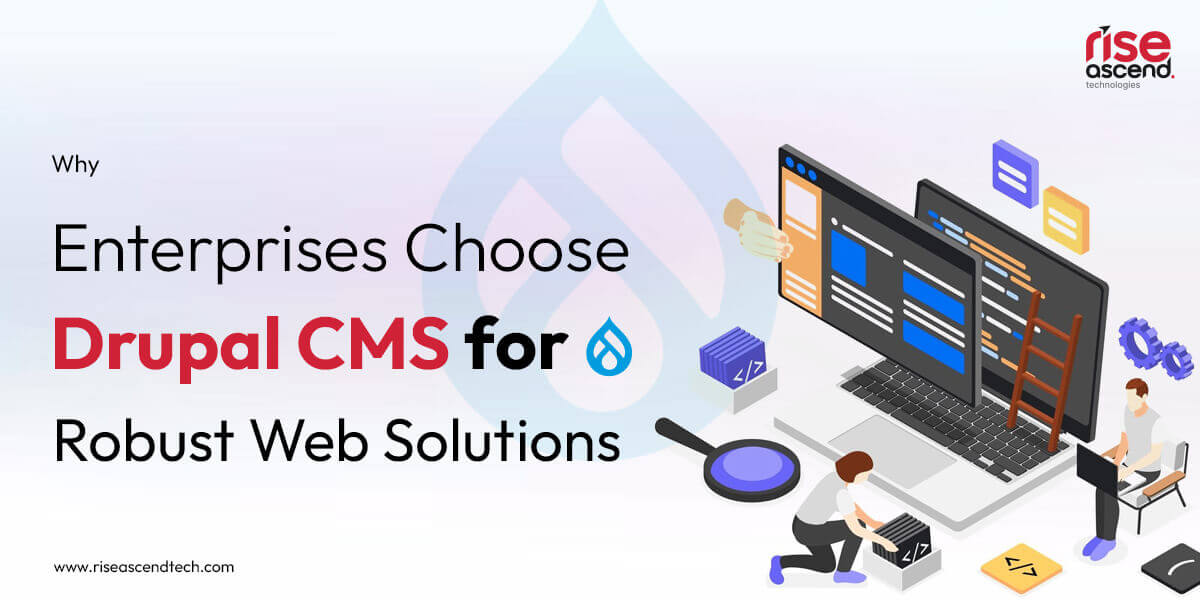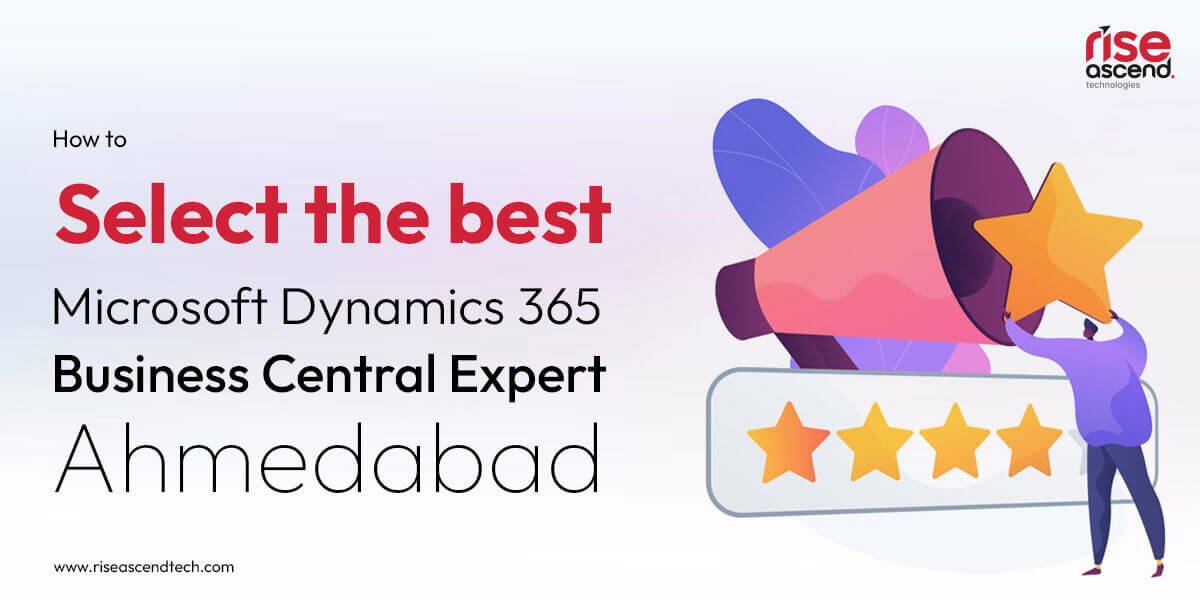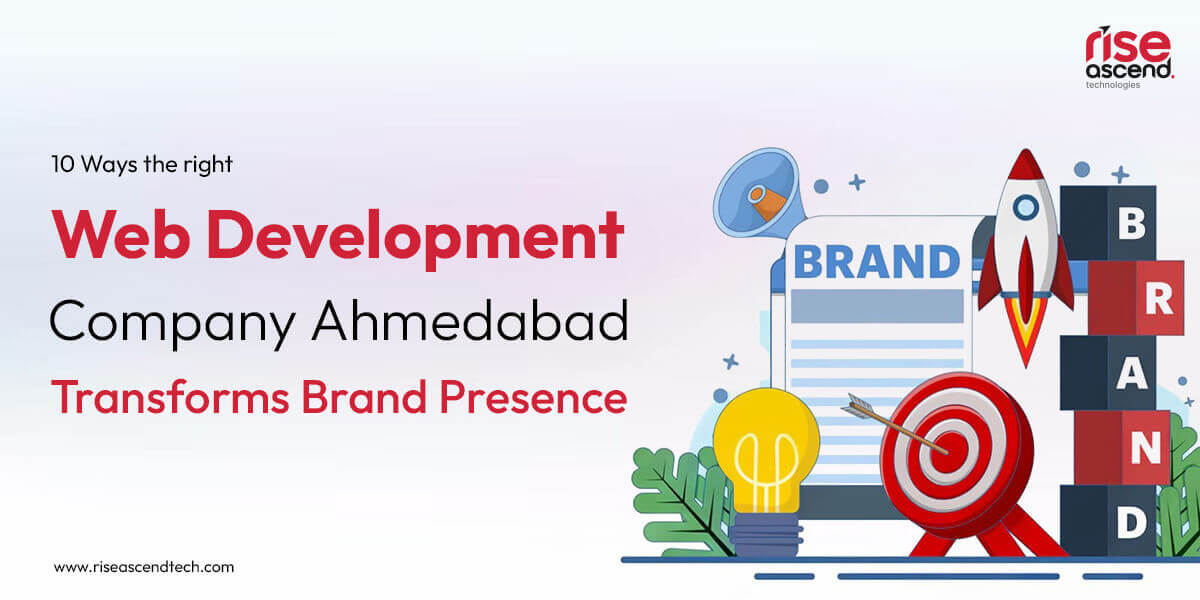Enterprises need websites and applications that go beyond aesthetics. A true enterprise platform must handle high performance, scalability, security and complex integrations while staying adaptable to changing business demands. Among the many CMS options available, Drupal consistently stands out for organizations that require robust, future-ready digital solutions.
Its modular architecture, multilingual capabilities and powerful integration ecosystem make it a favorite for businesses that expect their digital platforms to be as dynamic as their operations. But what truly makes Drupal a trusted choice for enterprises worldwide is its focus on security.
Let’s begin with Drupal’s strongest differentiator: Enterprise-Grade Security.
1. Enterprise-Grade Security
For enterprises, security isn’t optional, it is mission-critical. Data breaches, compliance failures and vulnerabilities can cost millions in lost revenue and reputation damage. Drupal has earned its reputation as one of the most secure CMS platforms in the world, making it a trusted choice for organizations where security is non-negotiable.
Drupal’s strength lies in its proactive security ecosystem, which includes:
- Dedicated security team a global network of experts continuously monitoring, testing and patching vulnerabilities.
- Frequent security updates ensuring risks are addressed quickly before they can be exploited.
- Granular user permissions allowing enterprises to define access levels with precision, protecting sensitive data from internal or external misuse.
- Compliance-ready infrastructure supporting standards like OWASP, PCI DSS, HIPAAand GDPR, which are essential for regulated industries.
This focus on security is why Drupal powers the websites of governments, banks, universities and healthcare institutions organizations that cannot afford downtime or weak defenses.
By choosing Drupal, enterprises gain not only a CMS but a security framework built to safeguard critical operations at scale.
With security as a solid foundation, the next factor enterprises value is scalability ensuring their platforms grow effortlessly as traffic, users and business demands increase.
2. Scalability for High-Traffic Sites
For enterprises, growth often means handling not just more customers but also more content, more integrations and more complex workflows. A CMS that can’t keep pace quickly becomes a bottleneck. Drupal is built with scalability at its core, making it the preferred choice for organizations that expect to serve millions of monthly visitors or manage hundreds of thousands of content pages without compromising performance.
Drupal achieves enterprise-grade scalability through:
- Efficient caching and load balancing delivering content quickly even during peak traffic surges.
- Optimized database architecture supporting massive content libraries and complex taxonomies without slowing down.
- Cloud and CDN compatibility enabling global content delivery with minimal latency, regardless of user location.
- Proven track record powering high-traffic websites for governments, universities and media outlets worldwide.
For example, large publishing houses use Drupal to manage thousands of articles daily, while global enterprises rely on its architecture to serve millions of users across multiple geographies simultaneously.
By offering a platform that grows with you, Drupal ensures enterprises don’t face costly rebuilds or migrations as digital demands expand.
Once scalability is assured, enterprises also look for a CMS that offers adaptability and flexibility, enabling tailored solutions that meet unique business processes and customer experiences.
3. Flexibility & Customization
Every enterprise operates differently, with unique workflows, compliance needs and customer engagement models. A rigid CMS can force businesses to adapt to its limitations, but Drupal takes the opposite approach. Thanks to its modular architecture and a vast ecosystem of contributed modules, Drupal gives enterprises the freedom to customize features, workflows and integrations in a way that truly reflects their business.
Drupal delivers flexibility by:
- Offering over 40,000 contributed modules covering everything from SEO optimization and eCommerce to advanced analytics and marketing automation.
- Supporting multilingual and multi-site capabilities enabling global organizations to manage multiple brands, languages, or regions under a unified platform.
- Providing custom content governance workflows letting enterprises set role-based access, approval hierarchies and content moderation suited to their internal processes.
- Allowing deep personalization tailoring experiences for different customer segments, industries, or geographies.
For example, a multinational company can use Drupal to run a single platform that powers regional sites in multiple languages while enforcing consistent branding and governance. Meanwhile, a healthcare enterprise can customize approval workflows to meet strict compliance requirements before publishing patient-facing content.
This level of adaptability ensures that enterprises don’t just get a CMS they get a platform tailored to their identity, processes and future goals.
But flexibility doesn’t stop at customization. To maximize value, enterprises also need their CMS to integrate seamlessly with existing systems like CRMs, ERPsand marketing tools.
4. Seamless Integration Capabilities
Enterprises rarely operate on a single system. From CRMs and ERPs to marketing automation platforms, eCommerce systems and analytics dashboards, the modern enterprise technology stack is complex. A CMS that cannot connect seamlessly with these systems creates silos, inefficiencies and data blind spots. Drupal solves this challenge with its API-first architecture, making integration with third-party tools and enterprise platforms both straightforward and reliable.
Drupal simplifies integration by:
- Providing an API-first framework ensuring it can connect easily with CRMs like Salesforce, ERPs like SAP or Microsoft Dynamics and marketing platforms like HubSpot or Marketo.
- Supporting headless and decoupled architectures allowing Drupal to function as the robust backend while delivering content across multiple channels (web, mobile apps, IoT devices).
- Enabling real-time data exchange ensuring that information flows seamlessly between systems for accurate reporting and faster decision-making.
- Offering contributed integration modules pre-built solutions for popular enterprise tools that accelerate deployment and reduce development effort.
For example, a retail enterprise can integrate Drupal with its ERP to ensure product availability updates in real-time across all regional websites, while a B2B service firm might link Drupal with its CRM to streamline lead capture and nurture. These integrations transform Drupal from a standalone CMS into the nerve center of the enterprise digital ecosystem.
By unifying platforms under one ecosystem, enterprises reduce redundancy, improve collaboration and deliver consistent customer experiences across all channels.
With integrations in place, the next area enterprises focus on is content management and governance ensuring their teams can publish, approve and manage large volumes of content with control and efficiency.
5. Content Authoring & Workflow Management
For enterprises, content is the engine that drives customer engagement, brand authorityand lead generation. But managing content at scale across multiple teams, departments, or even global regions can quickly become overwhelming without the right CMS. Drupal excels in content authoring and workflow management, giving enterprises the tools they need to produce, review and publish content efficiently while maintaining governance and compliance.
Drupal empowers enterprises by:
- Offering intuitive content authoring tools including in-place editing, drag-and-drop layouts and media management that simplify content creation for non-technical users.
- Supporting customizable editorial workflows enabling businesses to set up review, approval and publishing stages that match internal processes and compliance requirements.
- Providing role-based permissions so that access can be precisely controlled across authors, editors, managers and administrators, reducing risk and maintaining accountability.
- Facilitating collaboration across distributed teams ensuring global or regional teams can work on localized content while preserving brand consistency.
For example, a global enterprise can empower marketing teams in different regions to create localized campaigns while ensuring final approvals remain with corporate headquarters. Similarly, a financial institution can enforce multi-level approval workflows before sensitive content goes live to ensure compliance with regulatory standards.
By combining ease of use with strict governance, Drupal makes enterprise content management both efficient and secure, allowing organizations to maintain agility without sacrificing control.
Once enterprises streamline content creation and workflows, the next priority becomes ensuring that this content is delivered with speed and high performance, even under heavy traffic demands.
6. Multilingual & Global Reach
Enterprises with international operations cannot afford to treat language as an afterthought. A truly global brand must deliver consistent messaging in multiple languages, while still adapting to regional nuances, cultural contexts and regulatory requirements. Drupal is one of the strongest CMS platforms for multilingual content management, offering out-of-the-box support for over 100 languages and advanced tools to streamline global content delivery.
Drupal enables multilingual and global reach by:
- Supporting built-in multilingual modules eliminating the need for heavy customization to publish content in multiple languages.
- Providing translation workflows so enterprises can assign translation tasks, manage approvals and ensure consistency across regions.
- Facilitating multi-site management allowing organizations to run multiple regional sites from a single Drupal installation while maintaining brand consistency.
- Adapting to regional requirements supporting right-to-left (RTL) languages, localized date formats, currencies and compliance-driven content variations.
For example, a global eCommerce company can use Drupal to manage a central product catalog, while automatically generating localized versions of the site for Europe, Asia and the Middle East. Similarly, NGOs and universities leverage Drupal to publish content in multiple languages while tailoring content to cultural and geographical contexts.
By making multilingual publishing seamless, Drupal empowers enterprises to extend their reach, strengthen customer trust and operate as truly global brands without duplicating effort.
With the ability to connect with global audiences, the next step is ensuring those experiences are delivered with high performance and reliability, even when traffic scales into the millions.
7. Future-Ready with Headless Architecture
The digital landscape is no longer limited to websites alone. Enterprises must deliver content seamlessly across mobile apps, smart devices, kiosks, wearables and IoT ecosystems. Traditional CMS platforms often struggle with this demand, but Drupal’s headless and decoupled architecture makes it inherently future-ready. By separating content management from the presentation layer, Drupal enables businesses to create once and distribute everywhere.
Key advantages of Drupal’s headless approach include:
- Omnichannel delivery content can be pushed simultaneously to websites, apps, smart speakers and IoT devices.
- Front-end flexibility developers can use modern frameworks like React, Angular, or Vue.js for immersive user experiences while Drupal manages content in the backend.
- API-first design seamless integrations with enterprise systems and emerging digital platforms through RESTful and GraphQL APIs.
- Adaptability to future channels ensuring enterprises can quickly adopt new platforms without re-architecting their CMS.
For example, a global media house might use Drupal to manage its content repository while delivering experiences through a website, mobile app and connected TV platform. A retail enterprise can integrate Drupal with mobile apps and in-store digital kiosks, offering consistent product information and promotions everywhere customers engage.
By embracing headless architecture, Drupal ensures enterprises are not tied to a single channel or technology. Instead, they gain a flexible, future-proof platform ready to adapt as digital ecosystems evolve.
With future readiness ensured, enterprises also benefit from Drupal’s vibrant open-source community and innovation-driven ecosystem, which continuously enhances the platform’s capabilities.
8. Strong Community & Long-Term Support
Technology evolves quickly and enterprises need assurance that their chosen CMS will not be abandoned or become obsolete. One of Drupal’s greatest strengths is its global open-source community, which includes thousands of developers, contributors and enterprise adopters. This community not only ensures long-term reliability but also drives continuous innovation, security and scalability.
Drupal’s community support brings unique advantages:
- Continuous innovation of new modules, themes and features are constantly released, keeping Drupal ahead of enterprise demands.
- Vast library of contributed modules with over 40,000 modules available, enterprises can extend Drupal without reinventing the wheel.
- Rapid issue resolution community collaboration ensures vulnerabilities and bugs are quickly identified and patched.
- Enterprise adoption network governments, universities and Fortune 500 companies contribute back to the ecosystem, reinforcing Drupal’s reliability.
For example, when new compliance requirements emerge (such as GDPR), Drupal’s community swiftly develops and shares modules to support enterprises worldwide. This collaborative strength ensures that organizations choosing Drupal gain not just a CMS, but a future-proof platform backed by a global innovation engine.
By combining strong community support with enterprise adoption, Drupal offers a CMS that is both reliable today and evolving for tomorrow.
This combination of security, scalability, flexibility, integrations, content governance, multilingual reach, headless capabilities and strong community backing explains why enterprises consistently choose Drupal for robust, future-ready digital solutions.
Why Choose RiseAscend for Your Drupal Transformation?
Drupal provides the security, scalability, flexibility and future-readiness enterprises need but unlocking its full potential requires the right implementation partner. At RiseAscend Technologies, we combine deep technical expertise with an enterprise-first mindset, ensuring Drupal isn’t just deployed, but transformed into a strategic growth platform for your business.
Here’s what makes us the right partner for your Drupal journey:
- Proven Enterprise Experience: We specialize in delivering large-scale Drupal solutions for industries like manufacturing, retail, technology and services aligning platforms with real business outcomes.
- Security & Compliance Focus: From financial data to regulatory content, our implementations prioritize airtight security, backed by Drupal best practices and compliance-ready workflows.
- Custom-Built for You: We leverage Drupal’s modular architecture to create tailored workflows, dashboards and multilingual sites that reflect your unique processes and global vision.
- Seamless Integrations: Our team ensures Drupal connects effortlessly with ERP, CRM, marketing automation and analytics tools unifying your digital ecosystem.
- Long-Term Partnership: Beyond go-live, we provide continuous optimization, support and innovation ensuring your Drupal solution evolves as your enterprise grows.
At RiseAscend, we don’t just build Drupal websites. We deliver enterprise-grade digital ecosystems that are secure, scalable and future-ready enabling you to compete and thrive in the digital economy. Get in touch today for a free consultation and a demo.




